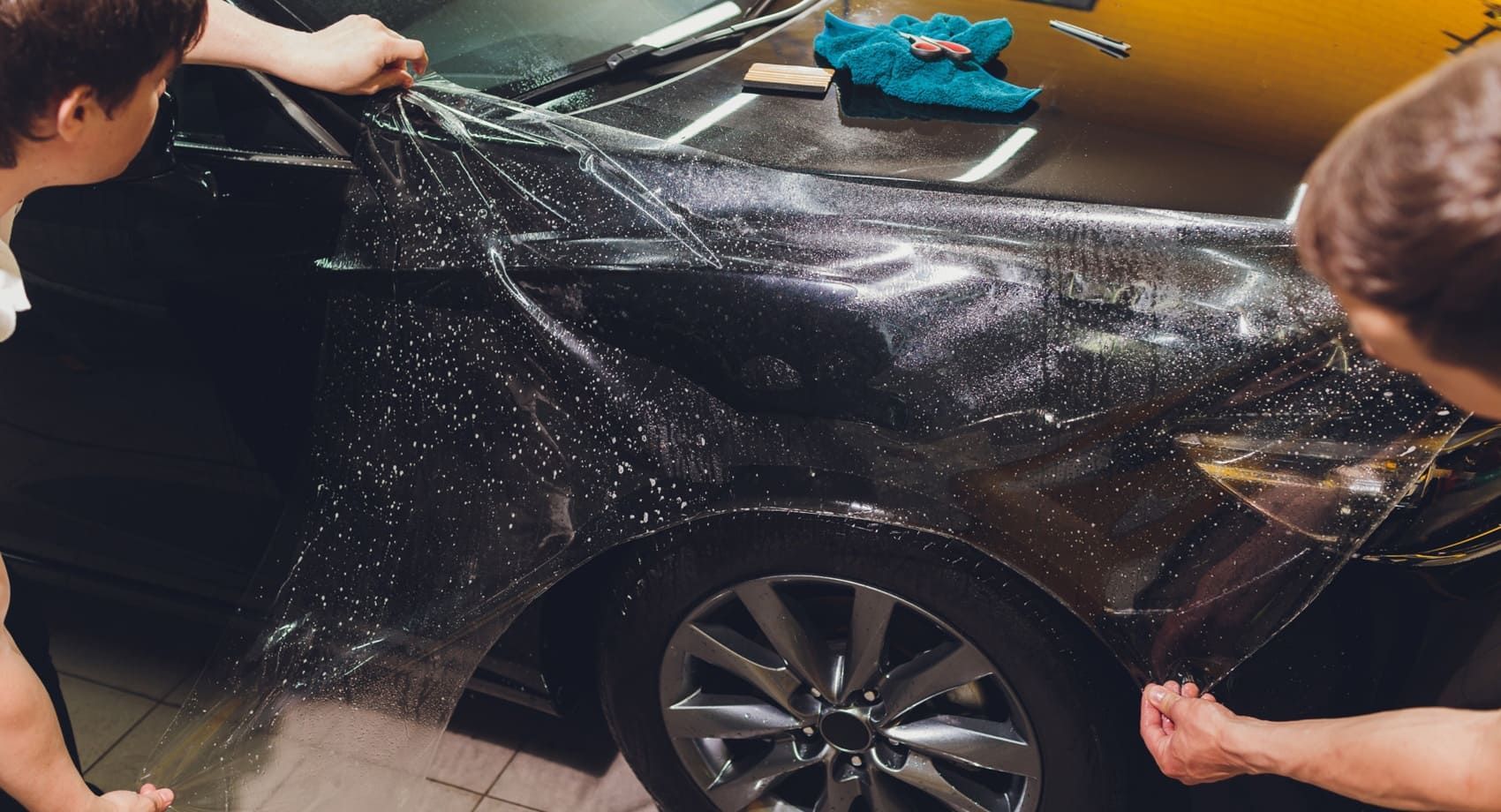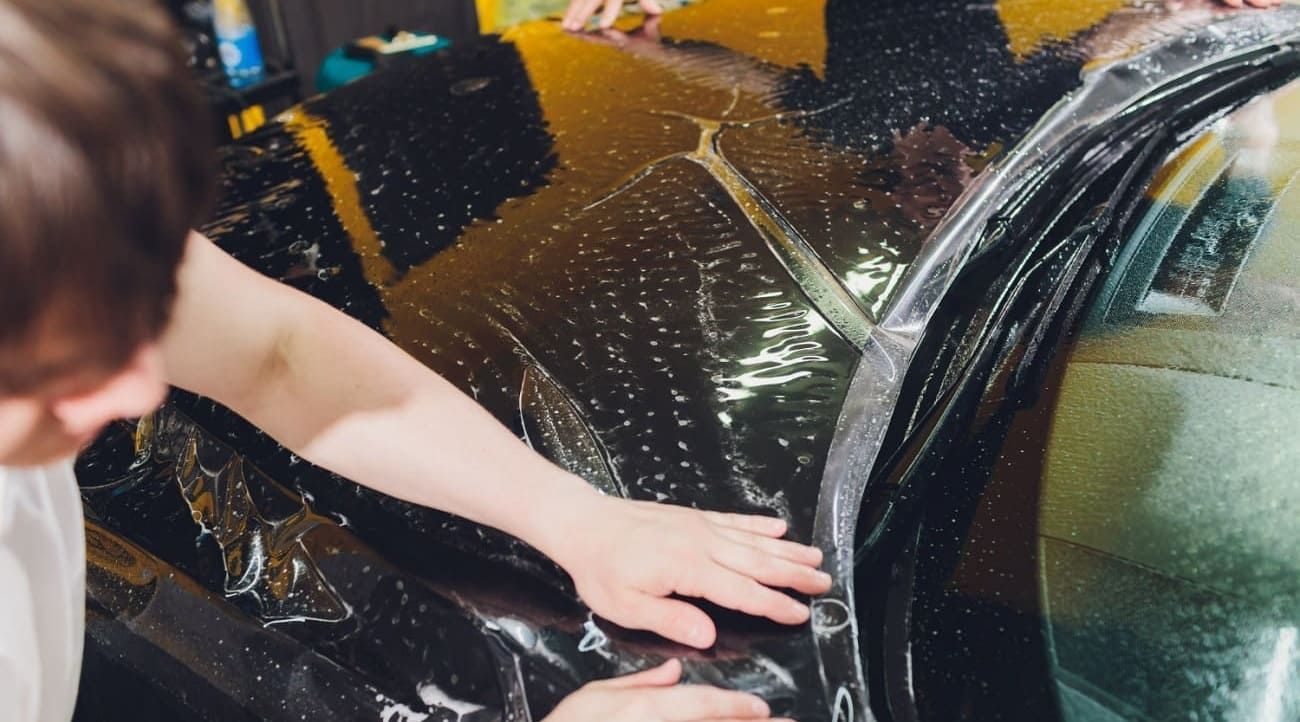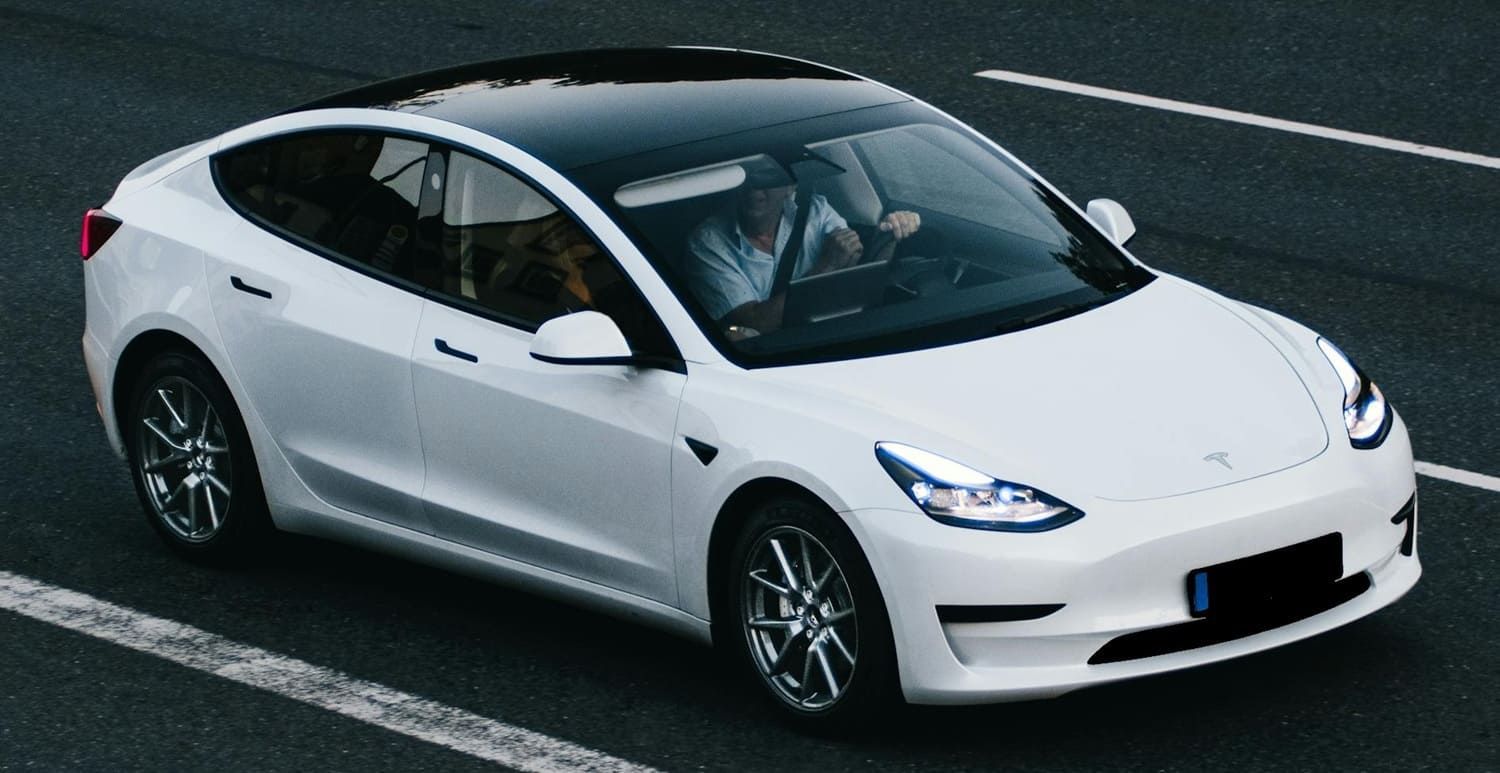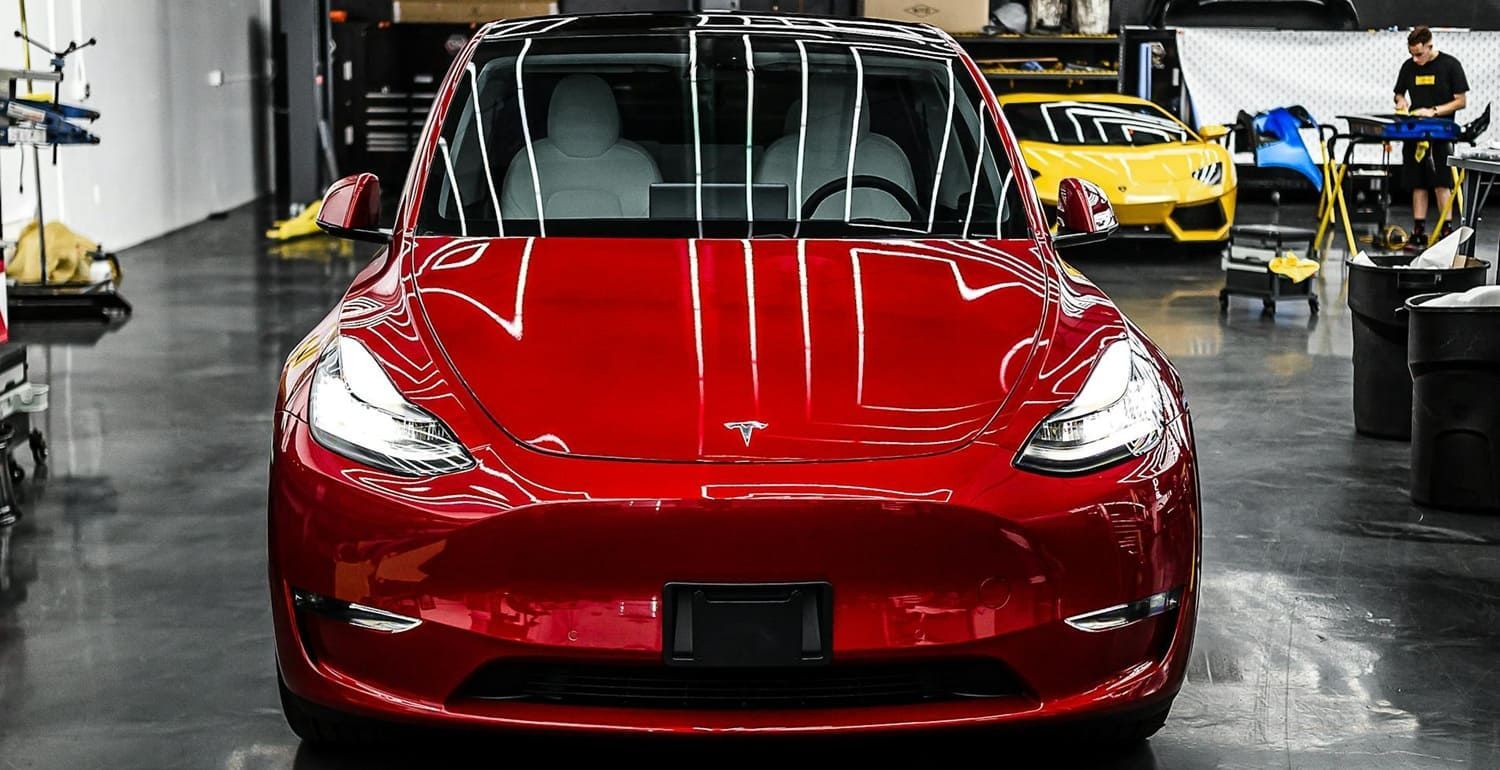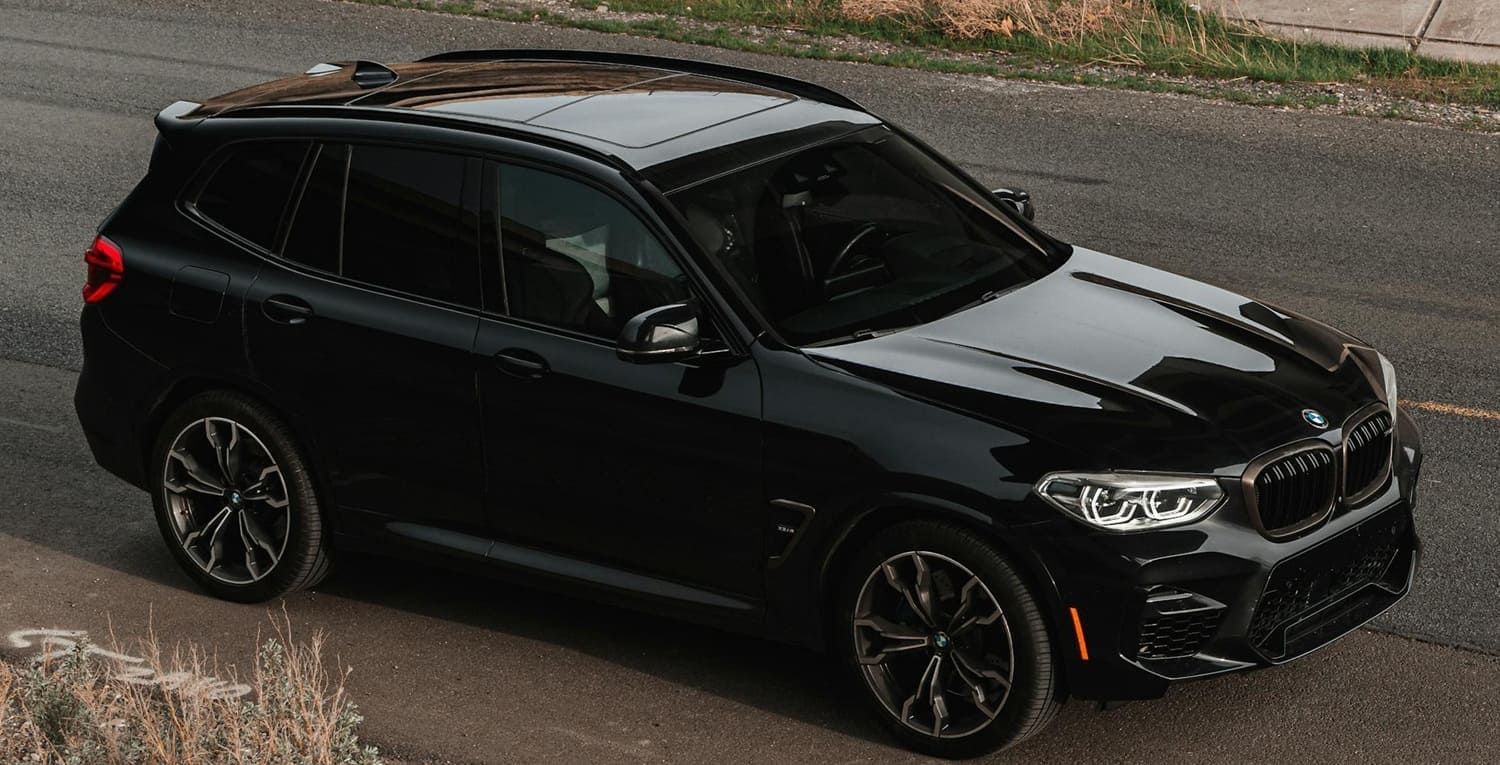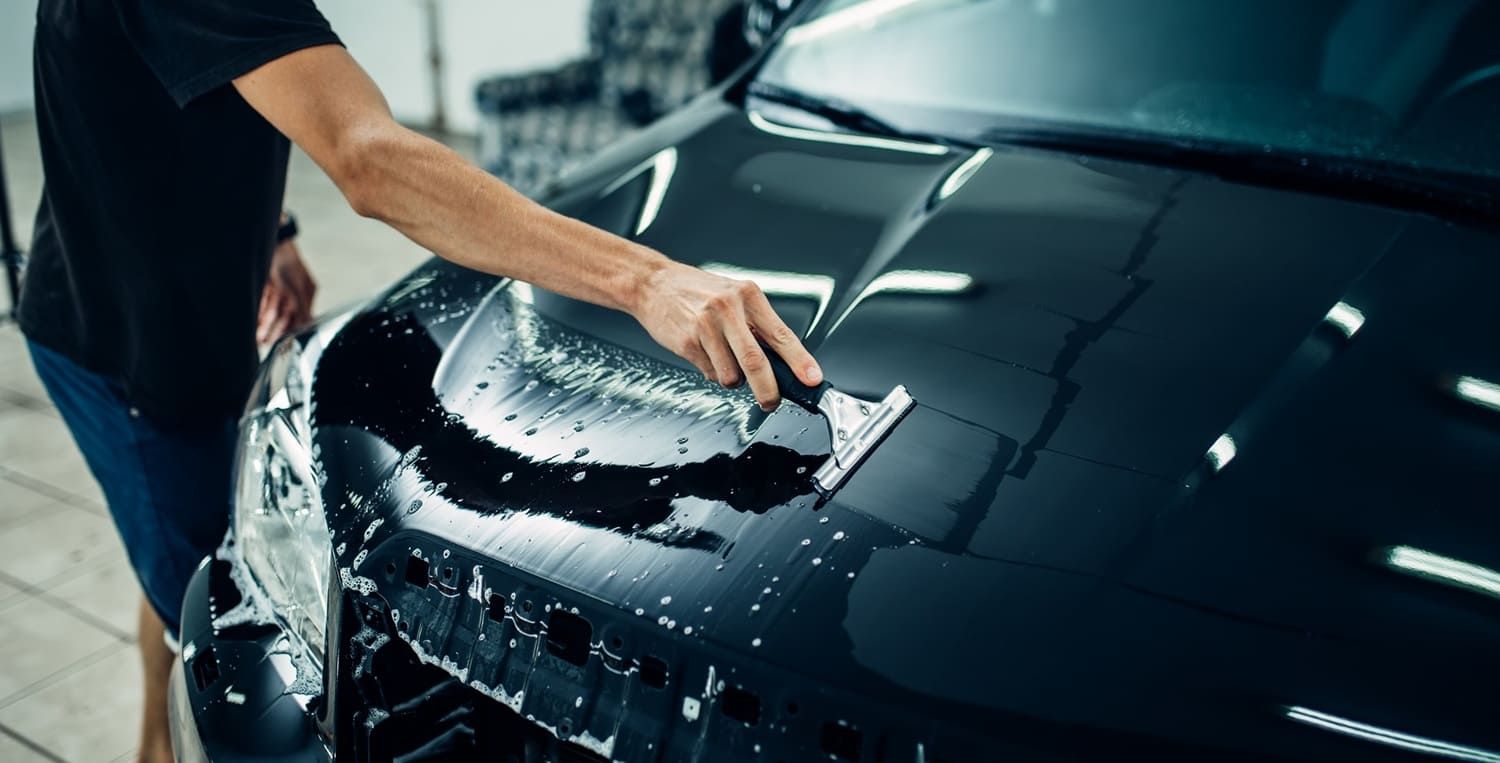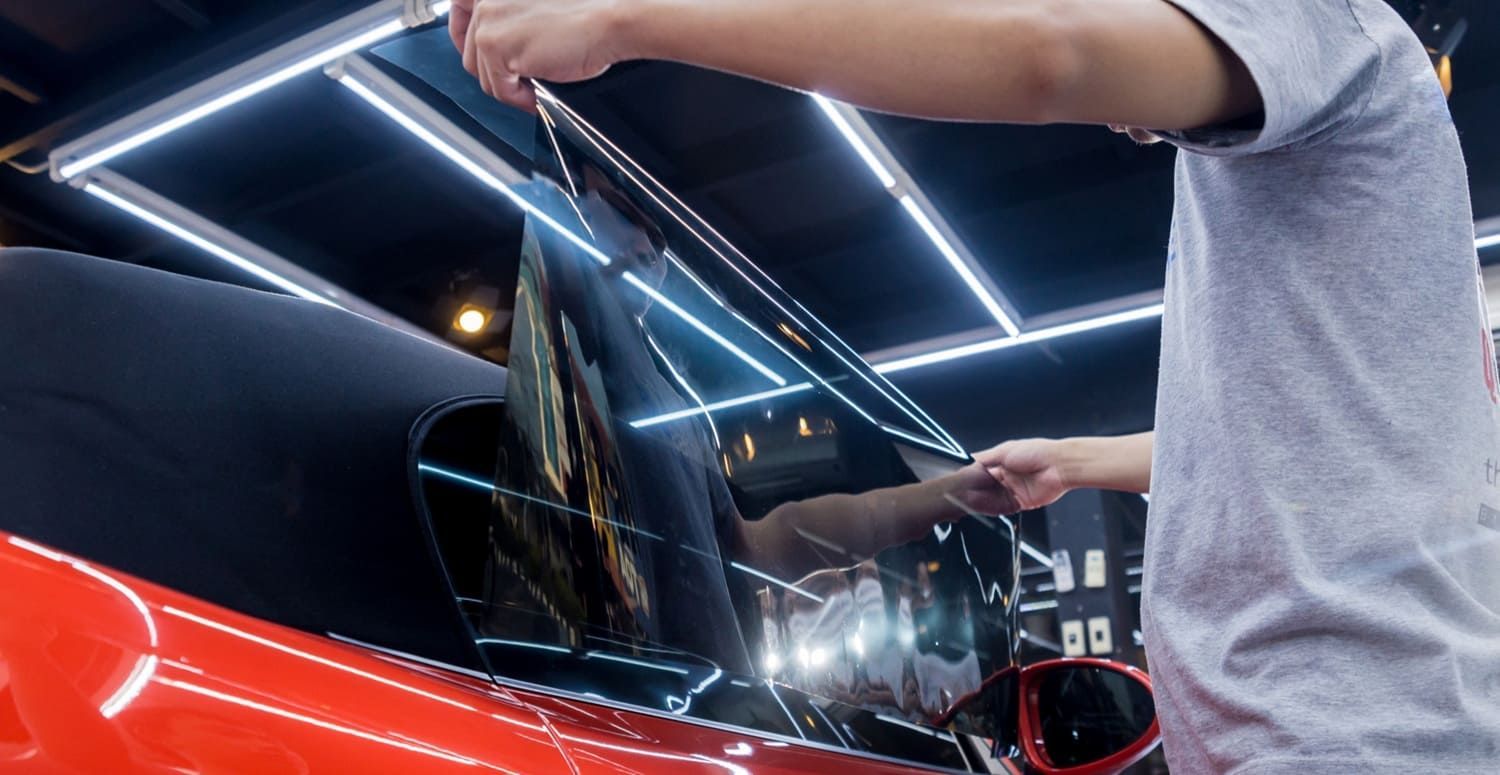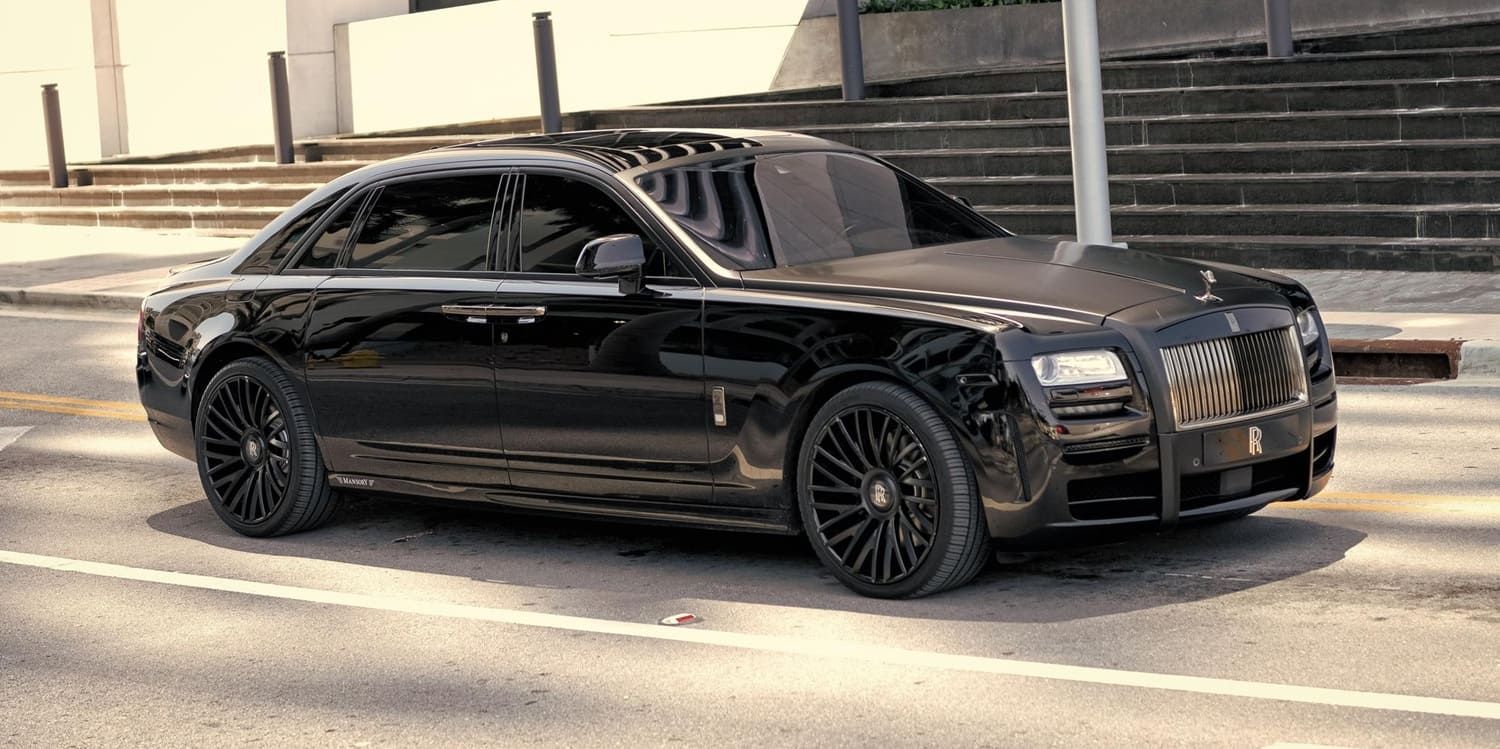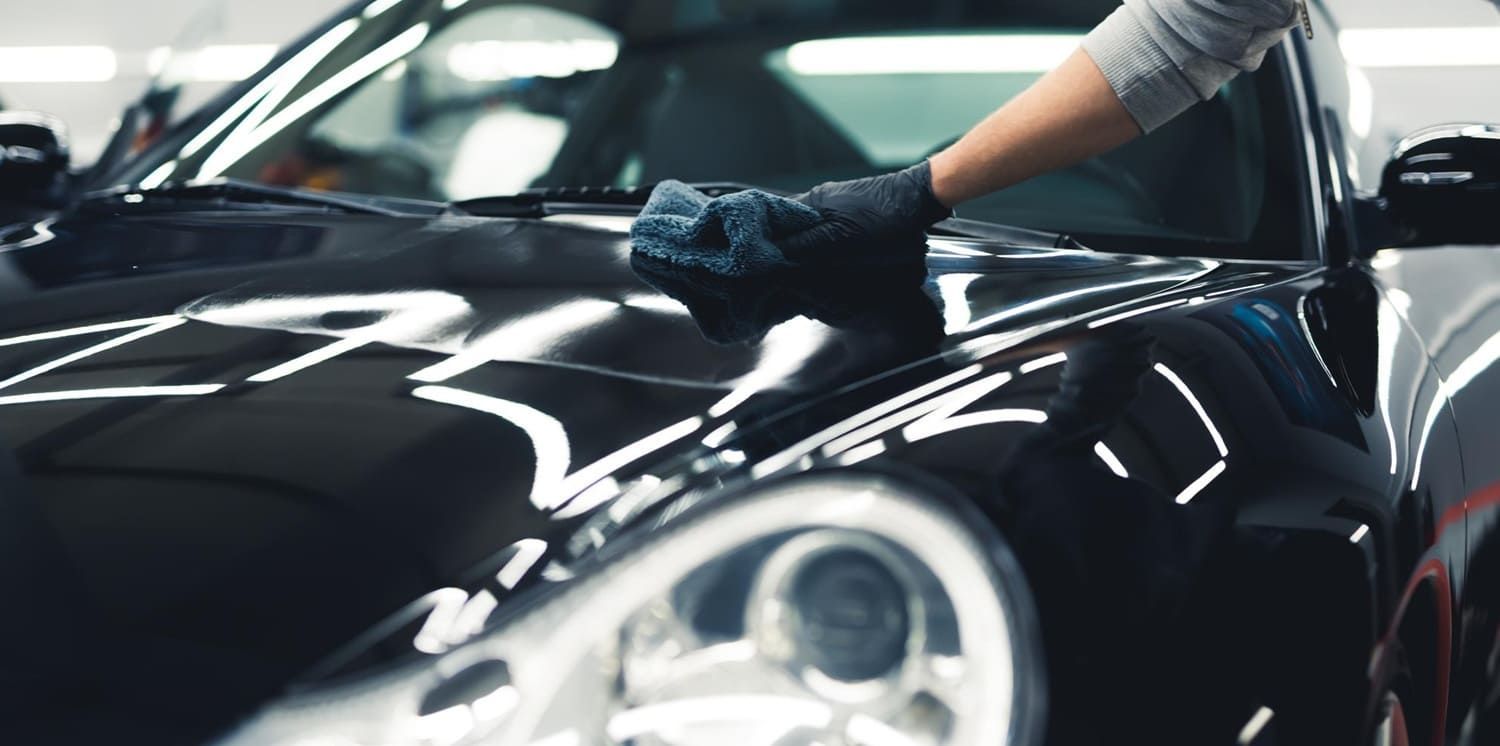DIY Ceramic Window Tint vs Professional Installation Pros and Cons
When it comes to window tinting, many car owners are considering ceramic window tints for their vehicles. With rising temperatures and increasing UV exposure, the demand for effective solutions is higher than ever. Ceramic window tint has become popular due to its excellent heat rejection and UV protection. This type of tint not only enhances the aesthetic appeal of a vehicle but also provides significant functional benefits. However, if you're contemplating whether to go the DIY route or hire a professional installer, there are several factors to weigh. Each option comes with its own set of advantages and drawbacks that can impact both short-term satisfaction and long-term results. In this article, we'll explore the pros and cons of DIY ceramic window tint versus professional installation, helping you make an informed decision that suits your needs.
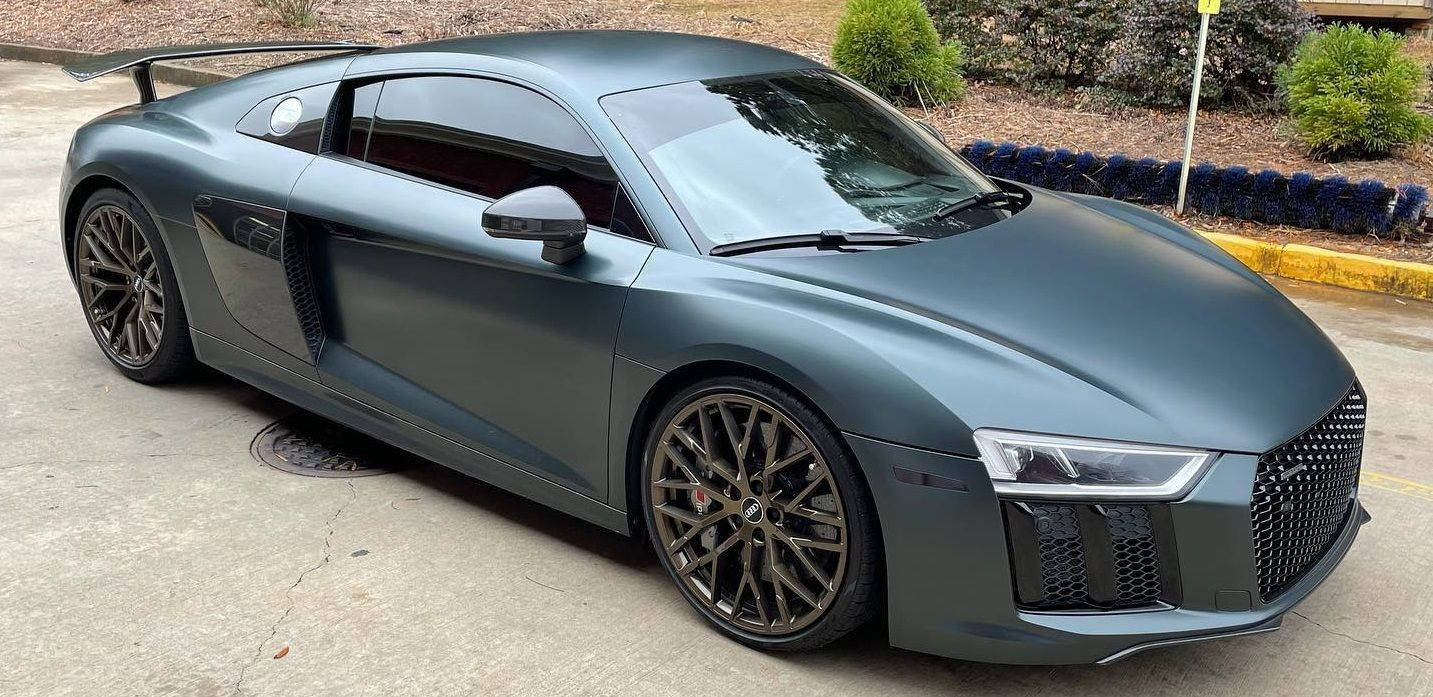
What is Ceramic Window Tint?
Ceramic window tint is a type of film made from ceramic particles that are non-conductive and non-metallic. This composition allows the tint to effectively block solar heat and UV rays without the reflective and shiny appearance typical of metallic tints. Unlike traditional tints, ceramic tints do not interfere with electronic devices such as GPS, cell phones, or radios. This non-interference is especially important in today's technology-driven world where connectivity is key. They are known for superior heat rejection, glare reduction, and blocking harmful UV rays, making them a preferred choice for many vehicle owners. Moreover, ceramic tints can significantly enhance driving comfort by reducing interior temperatures and protecting the vehicle's interior from fading and cracking due to sun exposure.
DIY Ceramic Window Tint
Pros of DIY Ceramic Window Tint
Cost SavingsOne of the biggest advantages of installing ceramic window tint yourself is the cost savings. Professional installation can be expensive, often ranging into hundreds of dollars depending on the vehicle type and number of windows. By opting for a DIY approach, you can drastically cut down on labor costs, which can be a significant portion of the expense. Doing it yourself can save you a significant amount of money, allowing those savings to be allocated elsewhere.
Flexibility and ConvenienceDIY window tinting allows you to work at your own pace and schedule. There's no need to coordinate with a professional installer, which can be challenging due to limited availability or conflicting schedules. You can choose a time that suits you best without having to coordinate with a professional installer. This flexibility is ideal for those who prefer to tackle projects during weekends or have erratic schedules.
Learning ExperienceTaking on a DIY project can be a rewarding experience. Not only do you gain a valuable skill that can be applied to future projects, but you also enhance your problem-solving abilities. It offers an opportunity to learn a new skill and gain a sense of accomplishment once the job is complete. Moreover, understanding the intricacies of window tinting can provide you with the confidence to maintain or modify your work in the future.
Cons of DIY Ceramic Window Tint
Skill and Precision RequiredWindow tinting requires a steady hand and attention to detail. The process involves cutting, aligning, and applying the tint without causing imperfections. If not applied correctly, bubbles, creases, or even peeling can occur, diminishing the appearance and effectiveness of the tint. These imperfections not only affect the visual appeal but can also compromise the functional benefits of the tint.
Time-ConsumingInstalling window tint yourself can be time-consuming, especially if it's your first time. The learning curve can be steep, and achieving a professional finish may require multiple attempts. It may take several hours to complete the job to a satisfactory standard. For those with limited free time, this investment can be a significant drawback.
Limited WarrantyDIY kits may come with limited or no warranty compared to professional installations. In the event of installation issues, such as peeling or bubbling, you're often left to manage the repair or replacement costs on your own. If any issues arise from a DIY job, fixing them may incur additional costs. This lack of support can be a significant risk if problems arise post-installation.
Professional Installation of Ceramic Window Tint
Pros of Professional Installation
Expertise and ExperienceProfessional installers have the experience and skills to apply window tint smoothly and efficiently. They are trained to handle various challenges and ensure a high-quality finish. Their expertise minimizes the risk of errors such as bubbles or misalignment, which can be common in DIY installations. This ensures that the tint not only looks great but also functions as intended for the long term.
Time EfficiencyA professional can complete the installation much faster than a DIY attempt, freeing up your time for other activities. Professionals have the tools and techniques to expedite the process without sacrificing quality. This efficiency is particularly beneficial for those who need the tint installed quickly, such as before a long road trip or during a busy workweek.
Warranty and SupportProfessional services often come with a warranty, providing peace of mind. This warranty typically covers issues that may arise post-installation, ensuring that any defects are promptly addressed. If any issues occur with the tint, professionals usually offer support and solutions. Having access to expert advice and service can be invaluable if complications occur.
Cons of Professional Installation
Higher CostThe primary downside of professional installation is the cost. Professional services can be significantly more expensive than buying a DIY kit and doing it yourself. This higher cost may be a barrier for those on a tight budget or for vehicles that require extensive tinting.
Appointment SchedulingYou may need to schedule an appointment and wait for availability, which could be inconvenient if you need the tint installed promptly. Finding a reputable installer who can accommodate your schedule can be challenging, especially during peak seasons. This can lead to delays, particularly if you're eager to enjoy the benefits of window tinting immediately.
Less PersonalizationWhen professionals handle the installation, there may be less opportunity for personalization or adjustments during the process. While installers strive to meet customer preferences, the standardized process may limit the degree of customization possible. This could be a downside for those who have specific aesthetic or functional requirements for their vehicle tinting.
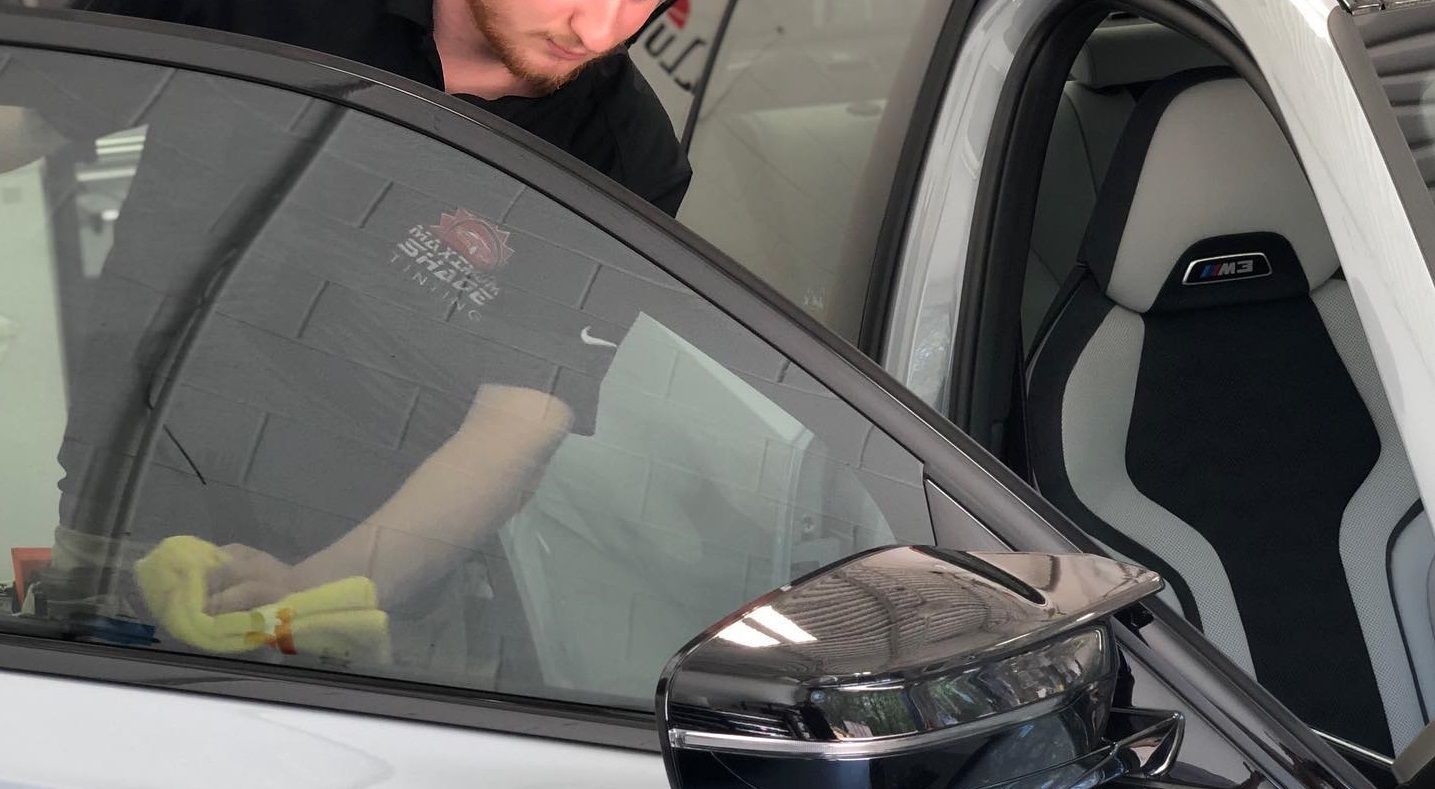
Factors to Consider Before Deciding
Budget
Your budget is a crucial factor in deciding between DIY and professional installation. If cost is a primary concern, DIY might be the way to go. The potential savings can be significant, but it's important to weigh these against the potential costs of correcting any mistakes. However, if you have some flexibility in your budget, professional installation might offer more value in terms of quality and warranty, providing a longer-term investment in your vehicle's comfort and protection.
Skill Level
Assess your comfort and skill level with DIY projects. If you are confident in your ability to handle detailed tasks and have previous experience, DIY could be a viable option. Successfully completing a DIY tinting project can be rewarding and empowering. Conversely, if you are unsure or lack experience, investing in professional installation may be a wiser choice. Professional expertise can mitigate risks and ensure a high-quality result that meets your expectations.
Time Availability
Consider how much time you have to dedicate to the project. If you're busy and can't spend hours on installation, hiring a professional could save you time and effort. Time constraints can make DIY projects stressful rather than enjoyable. On the other hand, if you have the leisure to tackle the project at your own pace, the DIY route could be a satisfying endeavor.
Desired Quality
If you want a flawless finish and long-lasting results, professional installation may be more suitable. Professionals have the tools and experience to ensure a perfect application. DIY can achieve good results, but there's a risk of errors affecting the overall quality. Consider your tolerance for imperfections and the importance of professional-grade outcomes in your decision-making process.
Conclusion
In the end, whether to go with DIY ceramic window tint or professional installation depends on your priorities and circumstances. At Maximum Shade Tinting, an Authorized LLumar SelectPro Dealer serving Buford, Gwinnett County, and Hall County Areas, we understand that DIY offers cost savings and flexibility but requires time and precision. It's an appealing option for those confident in their skills and who enjoy taking on hands-on projects.
On the other hand, professional installation with Maximum Shade Tinting guarantees expertise, efficiency, and often a warranty, albeit at a higher cost. This option is ideal for those who prioritize quality and convenience over cost savings. Our experienced team ensures that your ceramic window tint is applied flawlessly, maximizing its benefits for comfort, protection, and privacy.
Consider your budget, skills, time, and quality expectations when making your decision. Weighing these factors carefully will help ensure satisfaction with your choice. Whichever path you choose, ceramic window tinting is an excellent investment for improving comfort, protecting your vehicle's interior, and enhancing privacy. Whether through DIY efforts or professional help from Maximum Shade Tinting, the benefits of ceramic tinting are clear and worthwhile.
Contact us today for a free estimate and let Maximum Shade Tinting help you achieve the perfect ceramic window tint that fits your lifestyle and enhances your vehicle's performance and longevity.
FAQ: DIY Ceramic Window Tint vs. Professional Installation – Pros and Cons
What is ceramic window tint?
Ceramic window tint is a premium window film that uses nano-ceramic technology to provide superior heat rejection, UV protection, and glare reduction without interfering with signal reception for devices like GPS and smartphones.
What are the benefits of ceramic window tint?
- Blocks Heat: Keeps interiors cooler by rejecting solar heat.
- UV Protection: Blocks up to 99% of harmful UV rays.
- Glare Reduction: Improves visibility and comfort.
- Durability: Resists fading and discoloration over time.
- Non-Metallic: Does not interfere with electronic signals.
What are the pros of DIY ceramic window tinting?
- Cost Savings: DIY kits are more affordable than professional services.
- Flexibility: You can install it at your own pace.
- Availability: DIY kits are widely available online or at automotive stores.
What are the cons of DIY ceramic window tinting?
- Skill Requirement: Achieving a flawless finish requires patience and expertise.
- Risk of Errors: Common issues include bubbles, creases, or uneven edges.
- Limited Tools: Kits may not include professional-grade tools for precise installation.
- No Warranty: DIY installations often lack the warranties offered by professional services.
What are the pros of professional installation?
- Flawless Finish: Trained experts ensure a seamless, bubble-free application.
- Time-Saving: Professionals complete the job efficiently.
- Warranty: Many services include warranties for film durability and installation quality.
- Tailored Advice: Professionals recommend the best tint level and film for your needs.
- Precision Tools: Advanced tools and techniques guarantee superior results.
What are the cons of professional installation?
- Higher Cost: Professional services are more expensive than DIY kits.
- Scheduling: You may need to book an appointment, which could take time.
Is DIY ceramic window tinting suitable for beginners?
DIY kits can be challenging for beginners due to the precision required for proper application. Mistakes like air bubbles, misalignment, or peeling edges are common.
How does professional installation ensure better results?
Professionals use advanced tools, controlled environments, and years of experience to deliver a flawless application. They can also troubleshoot any issues on-site, ensuring long-lasting results.
Is it worth paying extra for professional installation?
Yes, if you value a high-quality, long-lasting finish and peace of mind. Professional installation eliminates the risk of common DIY mistakes, saving you time and potential reinstallation costs.


